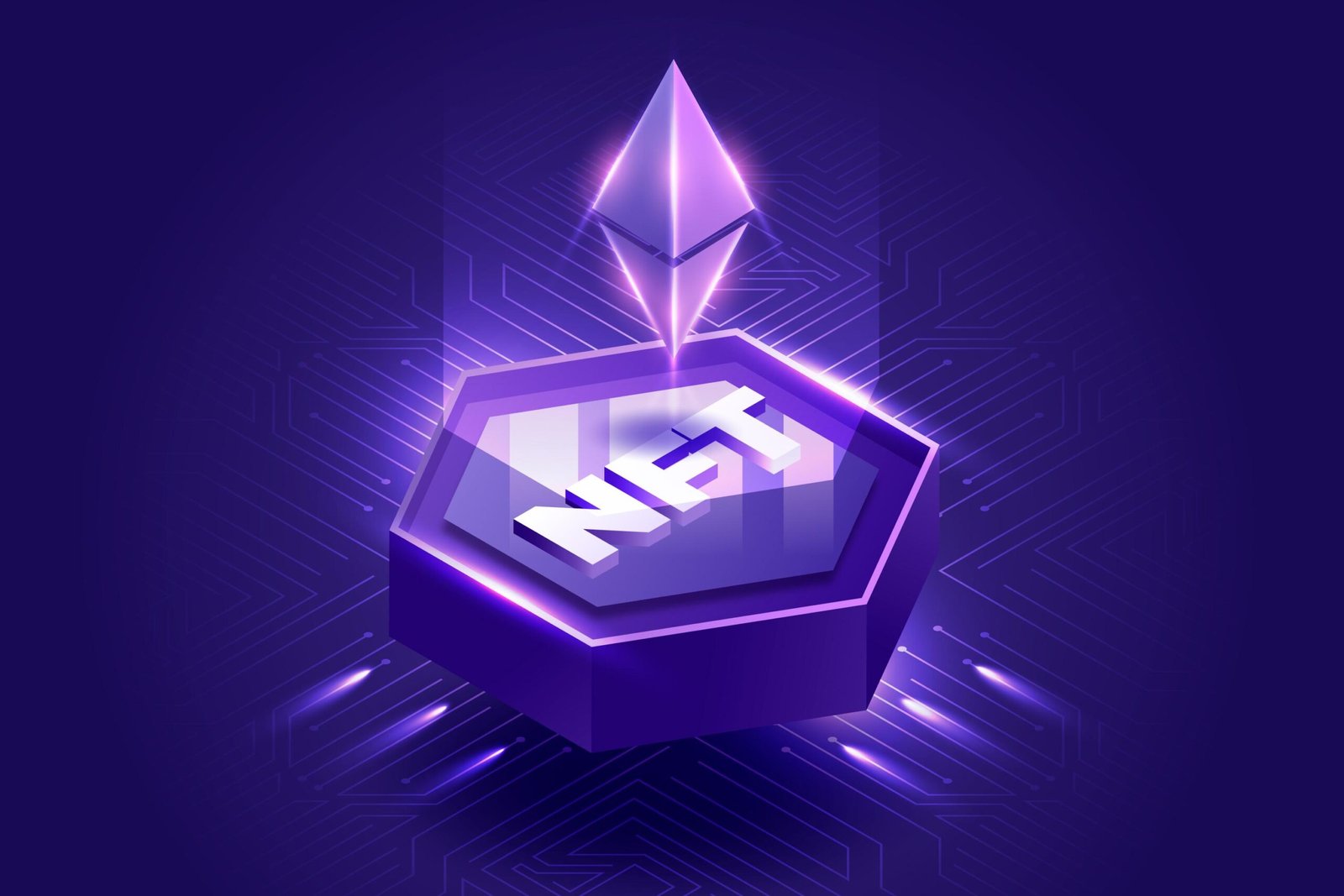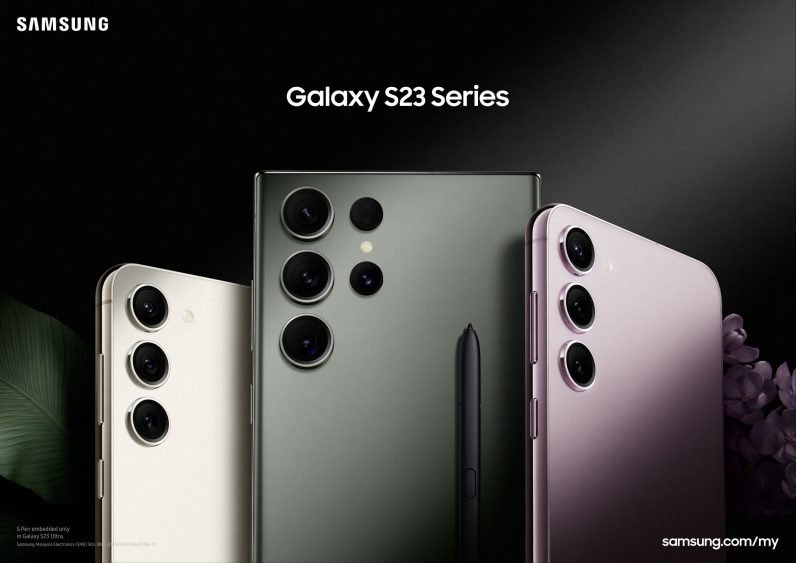Non-Fungible Tokens (NFTs) are a hot topic in the world of blockchain and cryptocurrency. They allow for unique digital assets to be owned and traded, and have already made a significant impact on the art world. However, NFTs are not just limited to art – they are also making waves in the gaming industry.
NFTs are transforming the way we think about gaming by allowing players to truly own in-game items, creating a new level of ownership and value. In this article, we will explore the intersection of gaming, art, and blockchain, and how NFT game development companies are changing the industry.
NFTs and Art
NFTs have been a game-changer in the art world, allowing for unique digital artworks to be bought and sold as one-of-a-kind assets. NFTs use blockchain technology to create a public, verifiable ledger of ownership and provenance, making them ideal for digital art.
The rise of NFT art has had a ripple effect on the gaming industry. Artists are now creating unique digital assets specifically for games, and these assets can be sold as NFTs. This has created a new level of value for in-game items, as they are no longer just digital goods that can be easily replicated.
NFT Games
NFT games take this concept even further by allowing players to truly own their in-game items. Traditionally, game items are owned by the game developer, and players are just granted a license to use them. However, with NFT games, players can actually own their items and trade them with other players or sell them on the open market.
This has created a new level of excitement and engagement in games, as players are able to truly invest in the game and its items. It has also opened up new revenue streams for game developers, as they can take a cut of the transactions that occur on the open market.
One popular example of an NFT game is Axie Infinity, a game that has exploded in popularity in recent months. Axie Infinity allows players to collect, breed, and battle creatures called Axies. These Axies are NFTs, meaning they can be bought, sold, and traded on the open market. The game has created a new level of engagement for players, as they are able to truly invest in their creatures and the game as a whole.
How NFT Games Work
NFT games use blockchain technology to create unique, verifiable digital assets. When a player purchases an in-game item, they are given a digital certificate of ownership – an NFT. This NFT is stored on the blockchain, creating a public ledger of ownership and provenance.
When a player wants to sell their item, they can put it up for sale on an NFT marketplace. Other players can then purchase the item using cryptocurrency, and the ownership is transferred on the blockchain. The game developer typically takes a cut of the transaction fee, creating a new revenue stream for their business.
The advantages of using NFTs in games are numerous. Firstly, it allows for true ownership of in-game items, creating a new level of engagement for players. Secondly, it creates a new revenue stream for game developers, as they can take a cut of the transactions that occur on the open market. Finally, it creates a verifiable, public record of ownership and provenance, reducing fraud and creating a more trustworthy ecosystem.
Challenges and Opportunities
While NFT games offer numerous advantages, there are also challenges facing the industry. Firstly, the technology is still in its infancy, and there are issues with scalability and high transaction fees. This can create a barrier to entry for smaller game developers who may not have the resources to build on the blockchain.
Secondly, there are concerns about the environmental impact of blockchain technology and cryptocurrency mining. As NFT games become more popular, the energy consumption required to power the blockchain will also increase. This could create backlash from consumers who are concerned about the environmental impact of their gaming habits.
Despite these challenges, there are also numerous opportunities for growth in the NFT gaming industry. Firstly, as the technology improves and becomes more widely adopted, it will become easier for smaller game developers to build on the blockchain. This will create a more diverse ecosystem of NFT games, and could lead to new, innovative game mechanics.
The gaming industry continues to grow, there will be increasing demand for NFT games. This presents an opportunity for game developers to create unique, engaging experiences that leverage the power of blockchain technology.
NFT Game Development Companies
As the demand for NFT games increases, so too does the need for NFT game development companies. These companies specialize in building games on the blockchain, and have a deep understanding of the technology and its potential.
One example of an NFT game development company is Animoca Brands. Animoca Brands has been at the forefront of the NFT gaming industry, creating popular games such as F1 Delta Time and The Sandbox. They have also acquired numerous game development studios, creating a diverse portfolio of NFT games.
Another example is Mythical Games, a company that specializes in creating NFT games on the EOS blockchain. Mythical Games has raised over $120 million in funding, and has partnerships with major companies such as Warner Bros and Ubisoft.
Conclusion
NFT games represent the intersection of gaming, art, and blockchain. They allow players to truly own their in-game items, creating a new level of engagement and value. While there are challenges facing the industry, there are also numerous opportunities for growth and innovation.
As the demand for NFT games increases, we can expect to see more NFT game development companies entering the market. These companies will help to shape the future of the gaming industry, creating unique, engaging experiences that leverage the power of blockchain technology.




